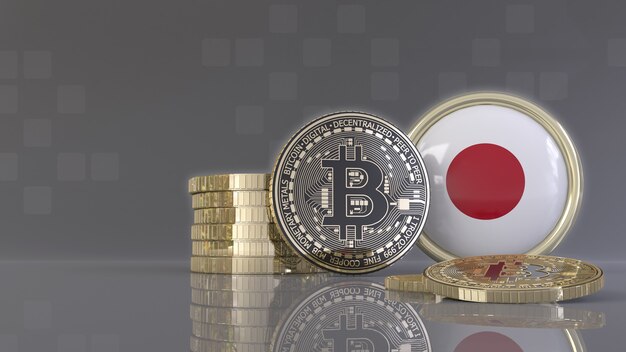Japan is taking a major step to make its crypto market safer. By 2026, insider crypto trading could be a thing of the past, thanks to new rules announced by Japan’s Financial Services Agency (FSA). These changes will bring cryptocurrencies under the Financial Instruments and Exchange Act, treating them like traditional investment assets such as stocks and bonds.
With crypto adoption skyrocketing—about 7.88 million active accounts registered by August 2025—investors are more involved than ever. Officials say these rules aren’t just about regulation; they’re designed to protect you from unfair trading and make the market more transparent
Expanded powers to monitor the market
The proposed amendments would give the Securities and Exchange Surveillance Commission (SESC) the power to investigate suspected insider crypto trading, impose fines, take corrective measures, and, if necessary, prosecute.
“Giving oversight powers to insider crypto trading is an important step for investor protection and the credibility of Japan’s market,” says Tokyo-based financial analyst Hiroshi Tanaka. Exchanges and institutional traders will now also be provided with clear compliance guidelines.
From Payments to FIEA Oversight
Cryptocurrencies were previously regulated under the Payment Services Act, which focused mostly on payments rather than trading.
The change to the Financial Instruments and Exchange Act would allow regulators to treat crypto as a regulated investment asset and address insider crypto trading directly. This will also allow investors to benefit from legal protections while maintaining market integrity.
Clarifying Insider Crypto Trading
The biggest challenge is to clarify the definition of insider crypto trading, especially for decentralized and anonymous projects. Unlike the stock market, some crypto projects have difficulty identifying issuers, making it difficult to detect illegal trading.
The FSA will provide detailed guidelines so that exchanges, developers, and investors can understand the limits of compliance and increase transparency in the market.
Supervision and Compliance
Until now, Japan has relied on crypto exchanges and the Japan Virtual and Crypto Assets Exchange Association to track suspicious transactions, but voluntary supervision was not enough to prevent insider crypto trading.
With the new rules, supervision will be systematic and effective so that large trades based on undisclosed information can be detected and appropriate action taken.
Cryptocurrency trading in Japan has grown rapidly over the past five years, with millions of new accounts opened. The FSA believes that banning insider crypto trading and reclassifying crypto as a regulated financial product will also attract institutional investors and create an environment for a more transparent, healthy market.
Tax and investment implications
The FSA is considering reclassifying crypto as a financial product, which could reduce capital gains tax from the current 55% to a maximum of 20%. According to financial analyst Kenji Mori,
“Tighter rules on insider crypto trading and tax reforms will make Japan’s crypto market more attractive to serious investors.”
Strengthening market confidence
Clarifying the rules and taking action against insider crypto trading will boost investor confidence. Domestic and international investors will see this as a signal that Japan’s crypto market is becoming safer, more predictable, and more competitive.
Expert Opinion
“Insider crypto trading undermines market confidence, and Japan’s proactive stance sends a positive message globally,” says Akiko Sato, a blockchain compliance consultant.
A spokesperson for a major Japanese exchange also said that clear rules would simplify the compliance process and increase transparency for all participants.
Japan’s Leadership in Crypto Regulation
These proposals to ban insider crypto trading are important steps toward modernizing Japan’s crypto laws. With legal oversight, clear enforcement, and investor protection, Japan is setting the standard for other countries.
By 2026, Japan’s crypto sector could become one of the world’s most transparent and institution-ready markets, setting a global standard for digital asset regulation.











